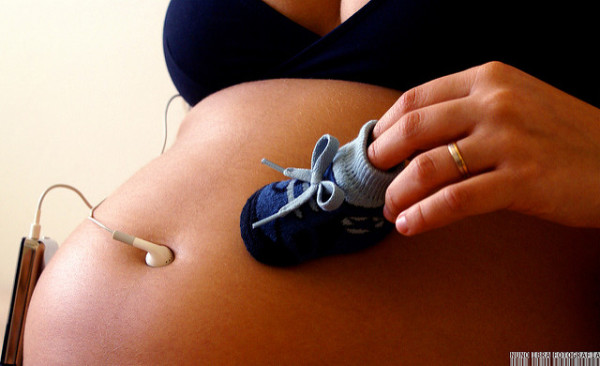All the parenting advice floating around can easily take all the excitement out of a pregnancy. It can seem like everyone, from other parents to the almighty mother-in-law to the yoga instructor, has something to say about what to do and what not to do as an expecting mom. But, here are some common do’s and don’ts directly from general physicians and obstetricians.
Do’s
Folic Acid
Pregnant women are recommended to increase their intake of folic acid, which has been shown to support neural development in babies and reduce the risk of spina bifida, a common birth defect involving an underdeveloped neural tube. In addition, folic acid can provide protection from some organ abnormalities, reduce the risk of premature birth and preeclampsia, and decrease the probability of low birth weight.
Fiber
Pregnancy makes you constipated. To help their bowels along and reduce the risk of hemorrhoids, moms-to-be should consider amping up the fiber content in their diets to about 25 grams per day.
Image Source: Thanasis Zovoilis
Don’ts
A teratogen is any substance that can harm the fetus or cause birth defects. Below are some common examples or sources of teratogens that should be avoided or reduced in consumption.
Smoking
Nicotine and other chemicals in cigarettes have been shown to contribute to lower birth weight and SIDS (Sudden Infant Death Syndrome).
Alcohol
Alcohol most directly causes Fetal Alcohol Spectrum Disorder, which involves a variety of behavioral and learning difficulties. In particular, alcohol can cause damage to the developing baby’s nervous system.
Medications
Check with your general physician on which medications are OK to keep and which should be avoided or replaced with substitutes. Some common medications to avoid include: accutane (acne treatment), tetracycline (antibiotic), and ACE inhibitors (blood pressure medications).
Recreational Drugs
Use of recreational drugs during pregnancy can cause damaging effects to the unborn baby, including fetal drug addiction, behavioral and learning problems, premature birth, and lower birth weight.
Heat
Overheating the uterus or pelvic area (in a sauna or jacuzzi, for example) has been associated with abnormal organ development and should be avoided, especially during the first trimester.
Caffeine
While a limited amount of caffeine is acceptable, too much coffee and caffeinated drinks can cause miscarriage or low birth weight.
Bacteria, parasites, and toxins
Bacteria and parasites are often found in raw foods like under-cooked eggs or unpasteurized cheeses. Moms-to-be should be careful about what they eat and should avoid under-cooked foods. In addition, eating too much fish can cause increased intake of mercury, which is found in trace amounts in most fish. Don’t cut out fish completely though! Omega-3 and fatty acids are essential!
Feature Image Source: PREGNANCY II by Nuno Ibra Remane










